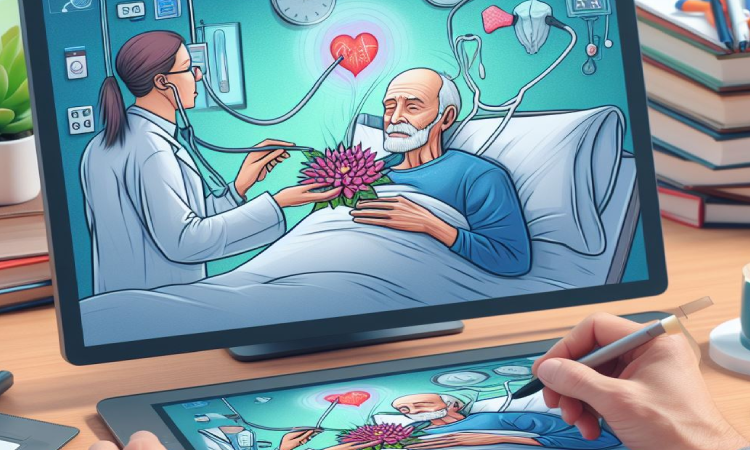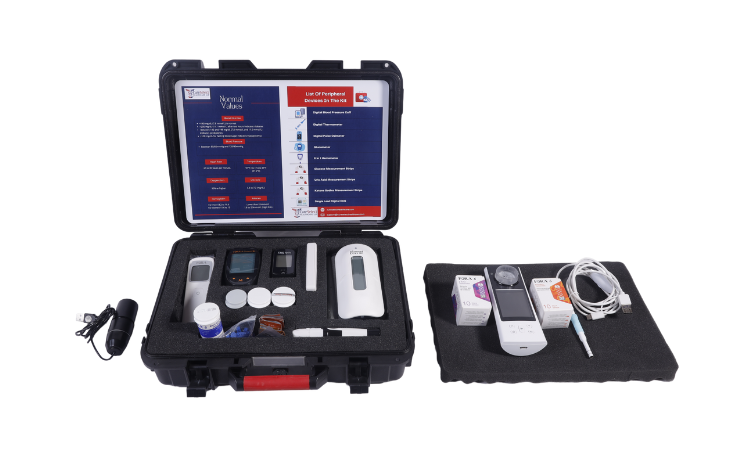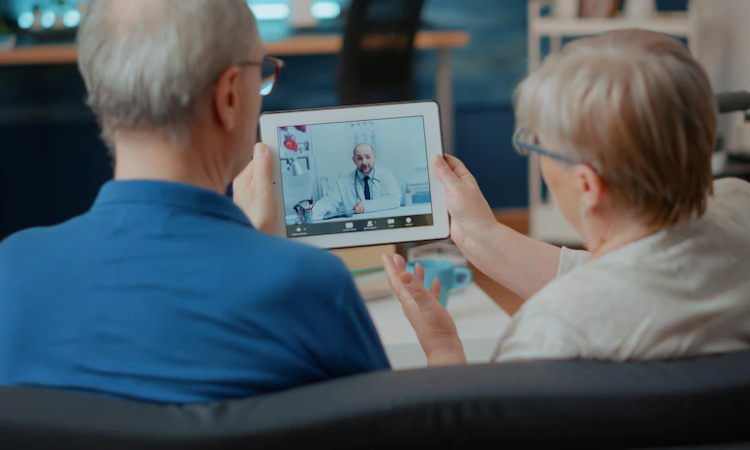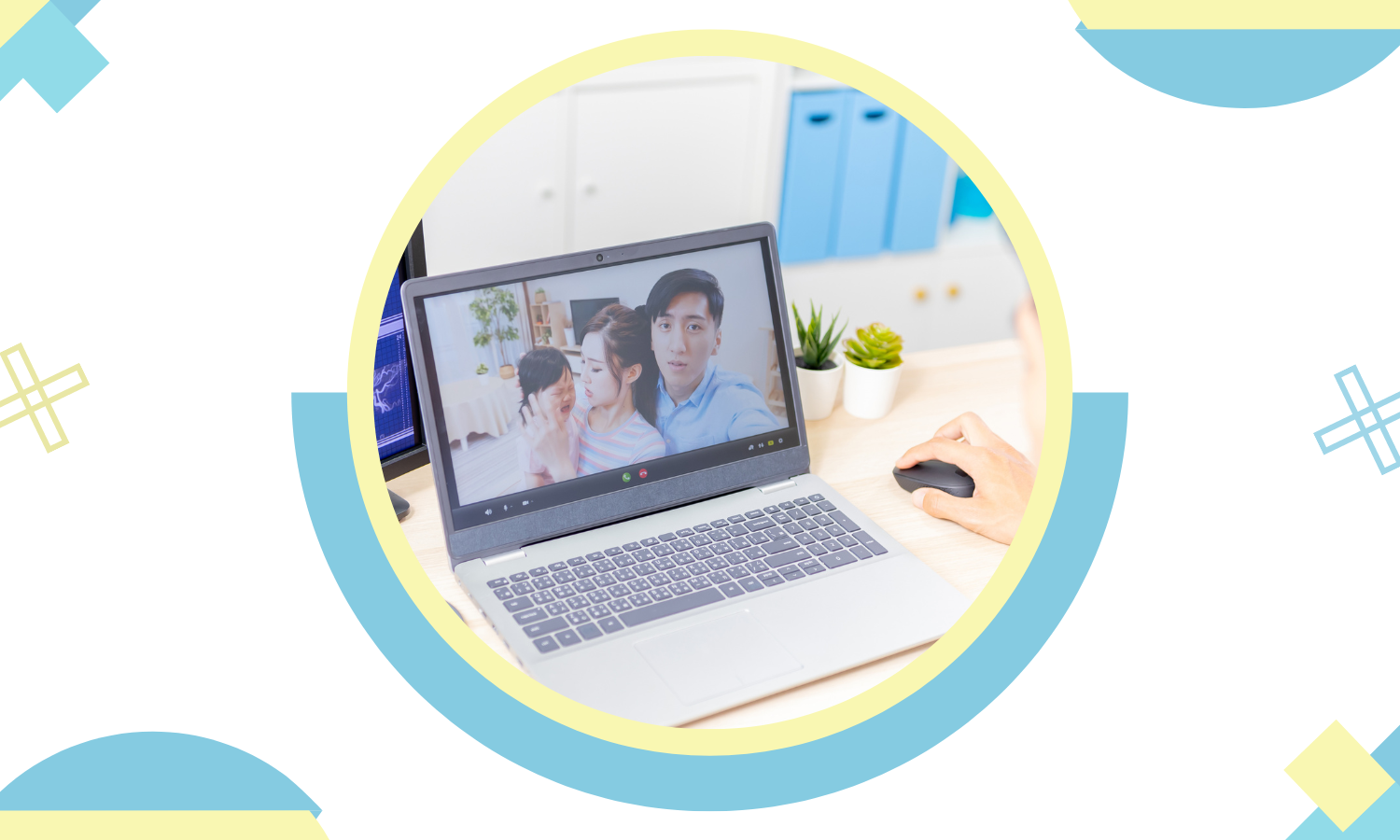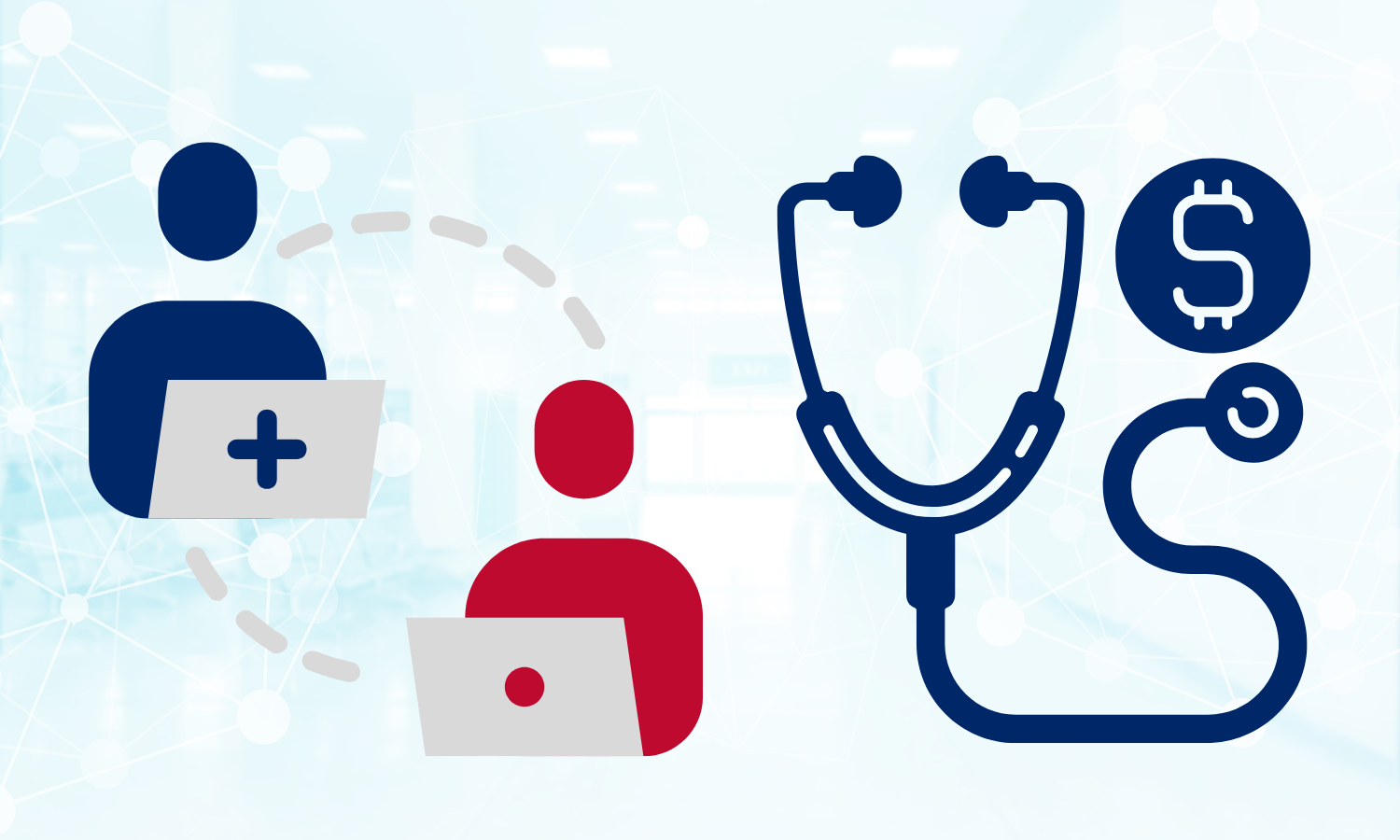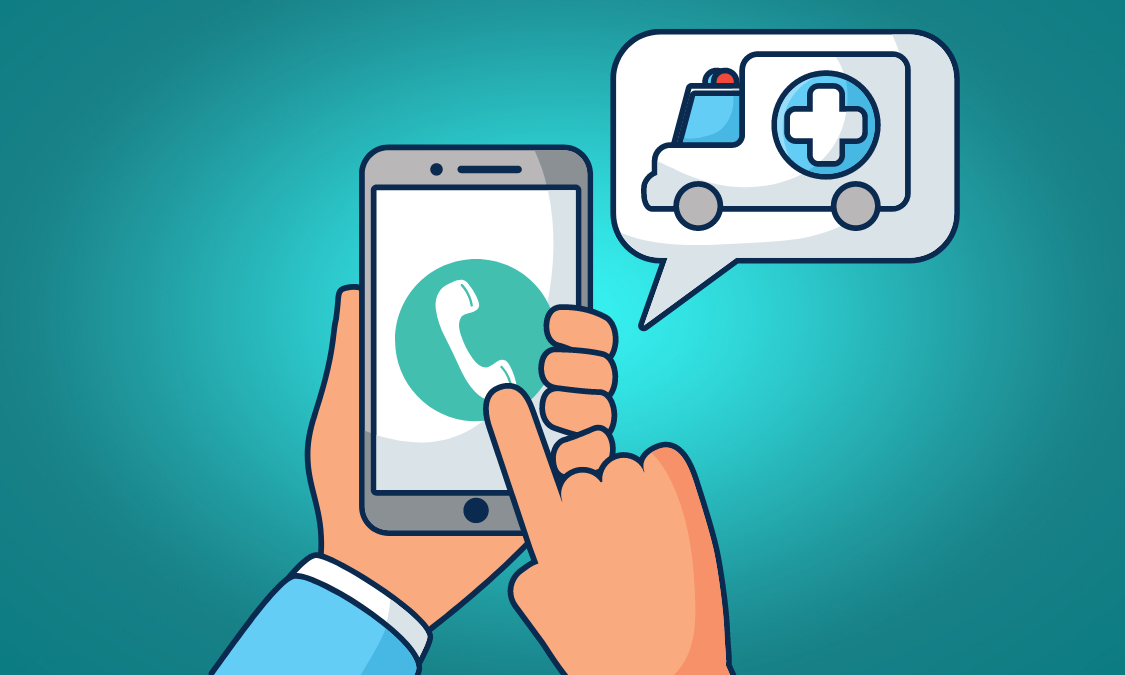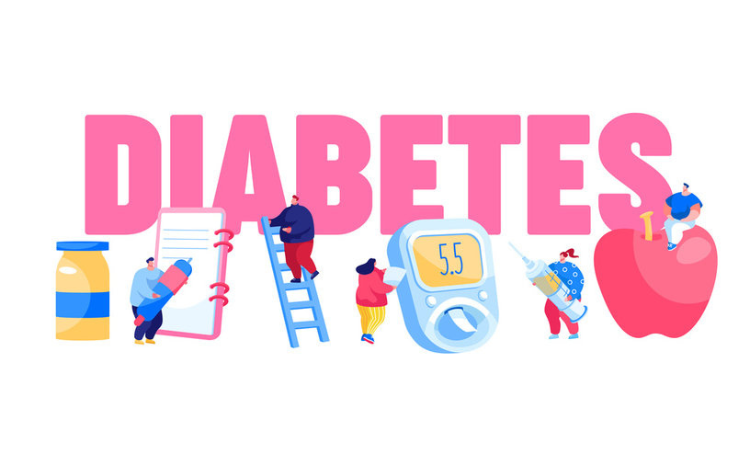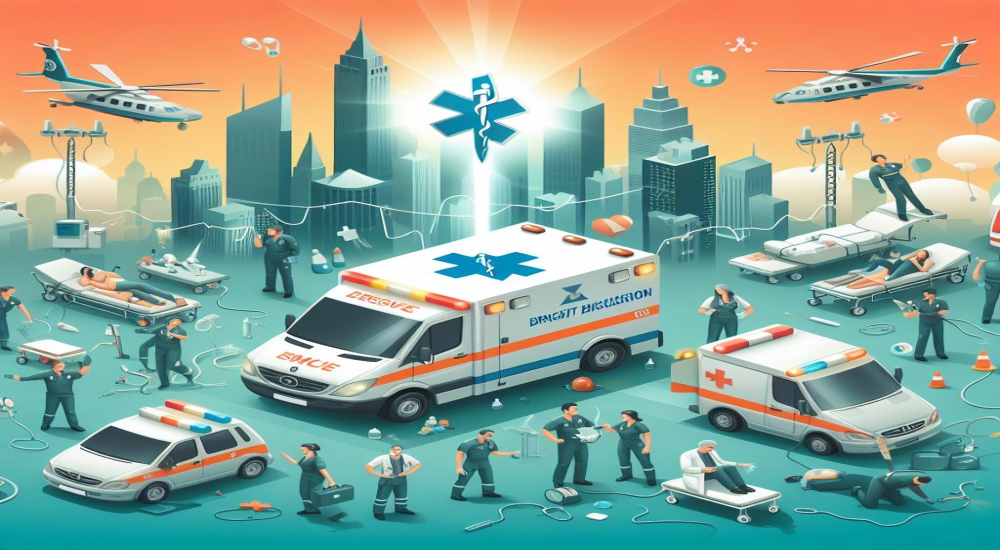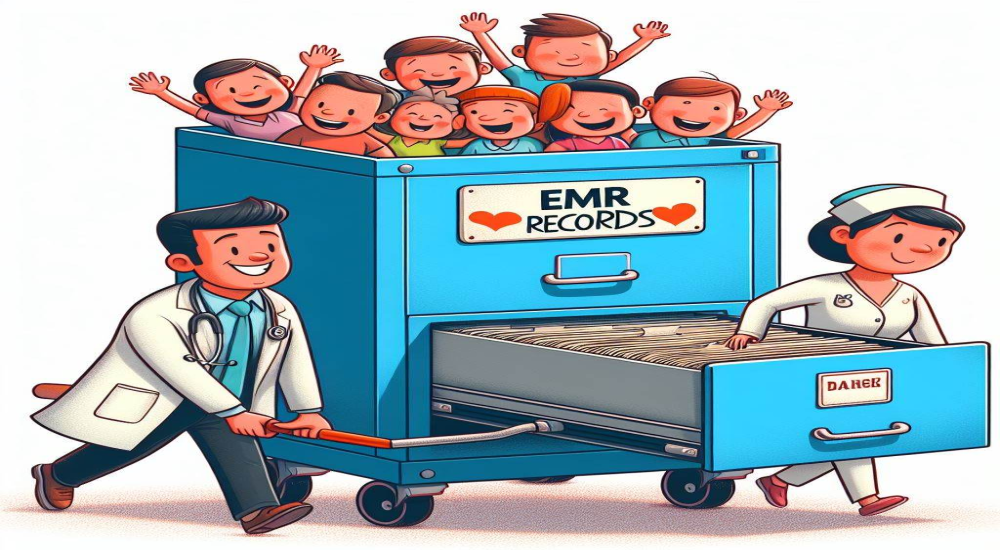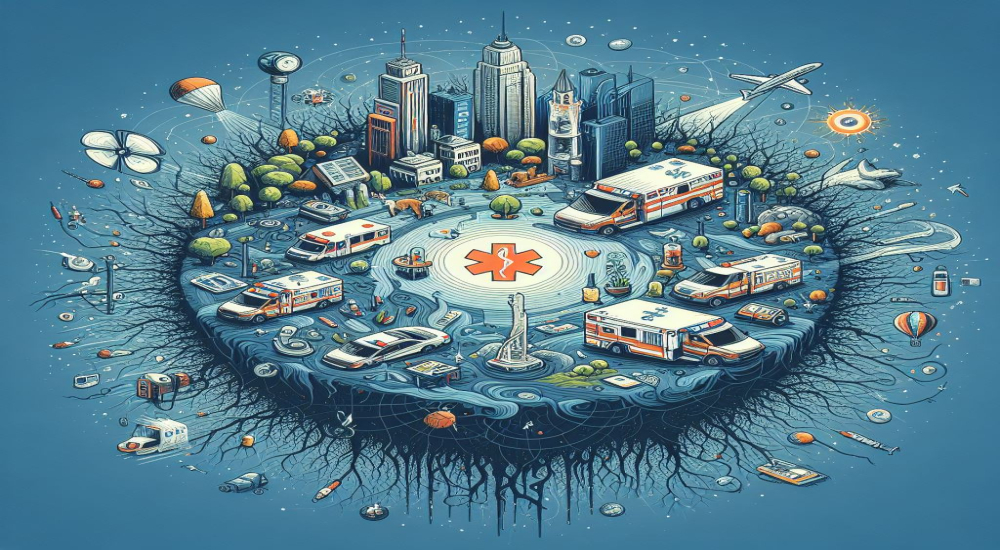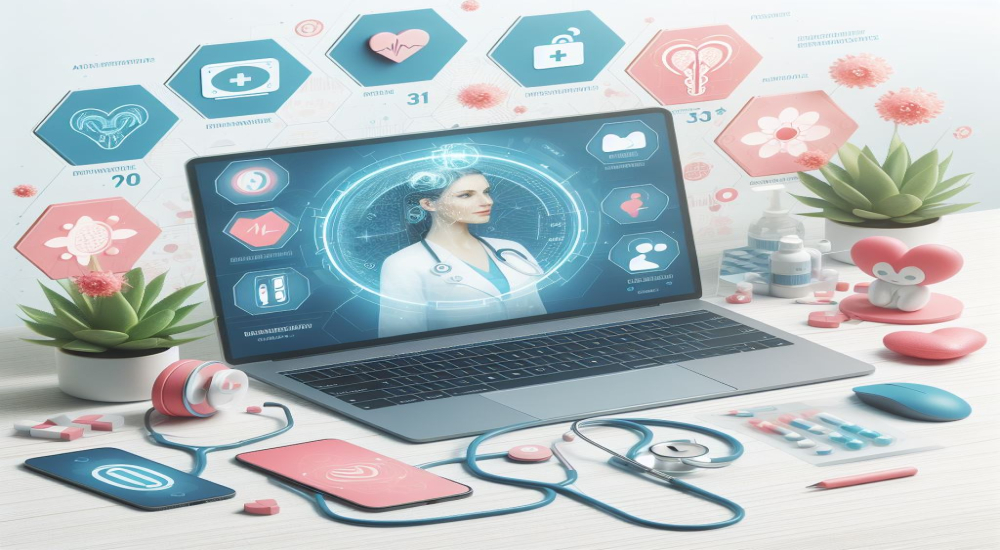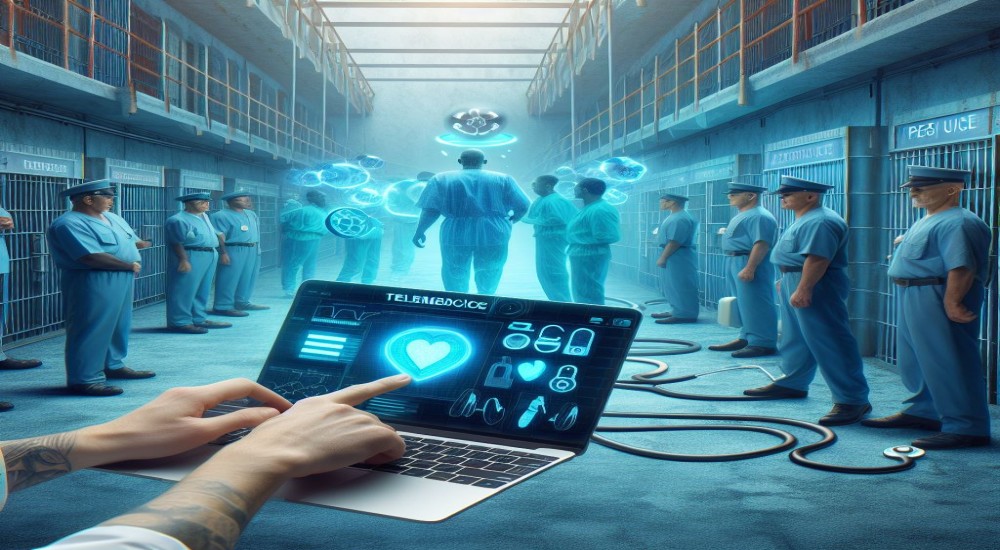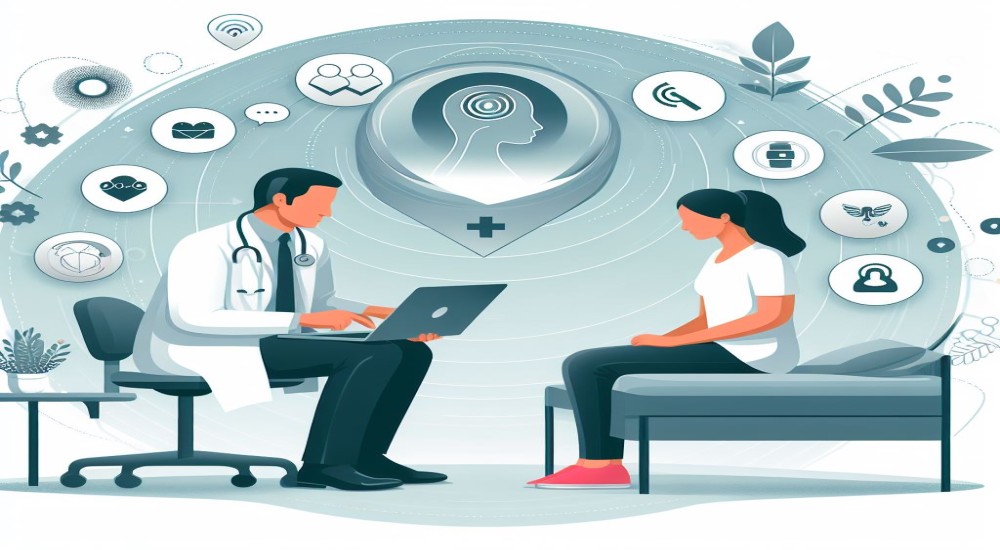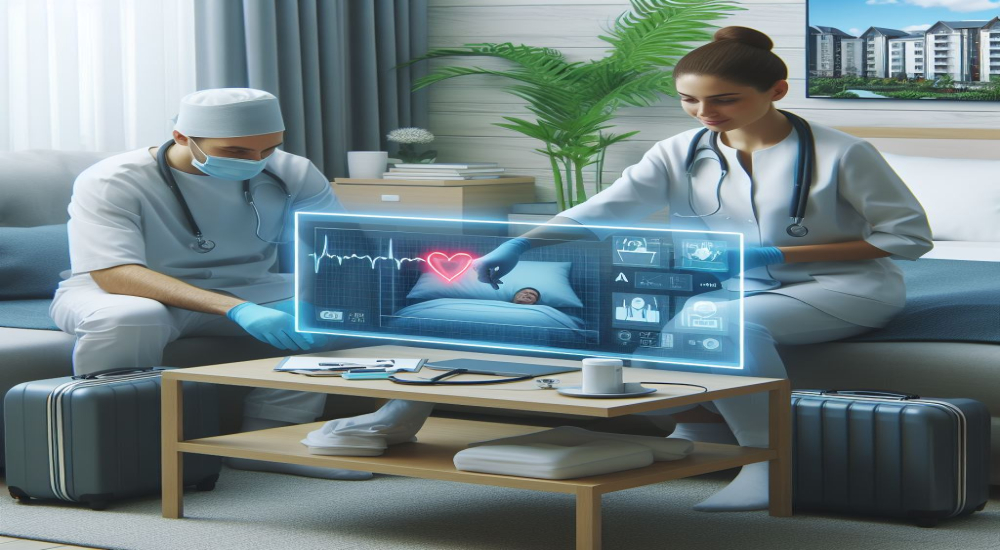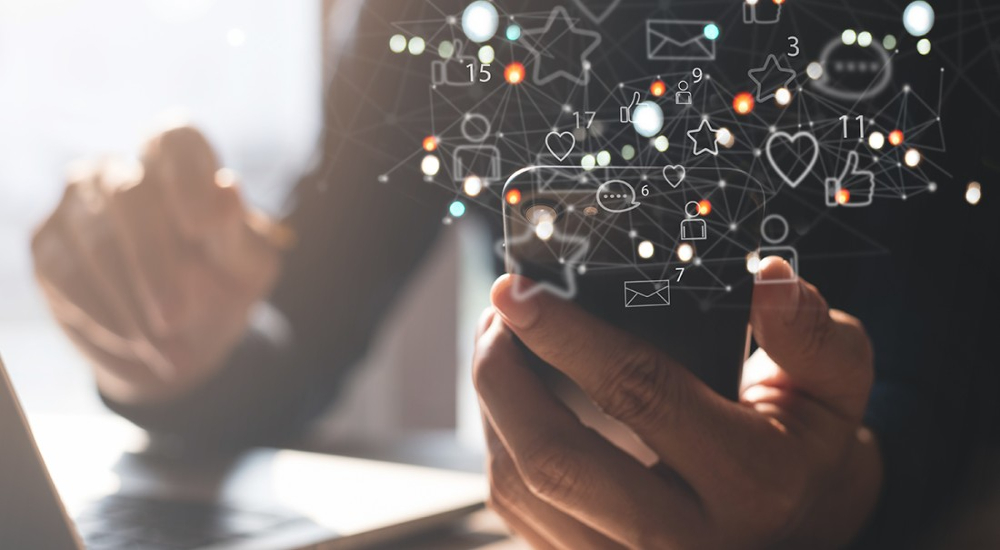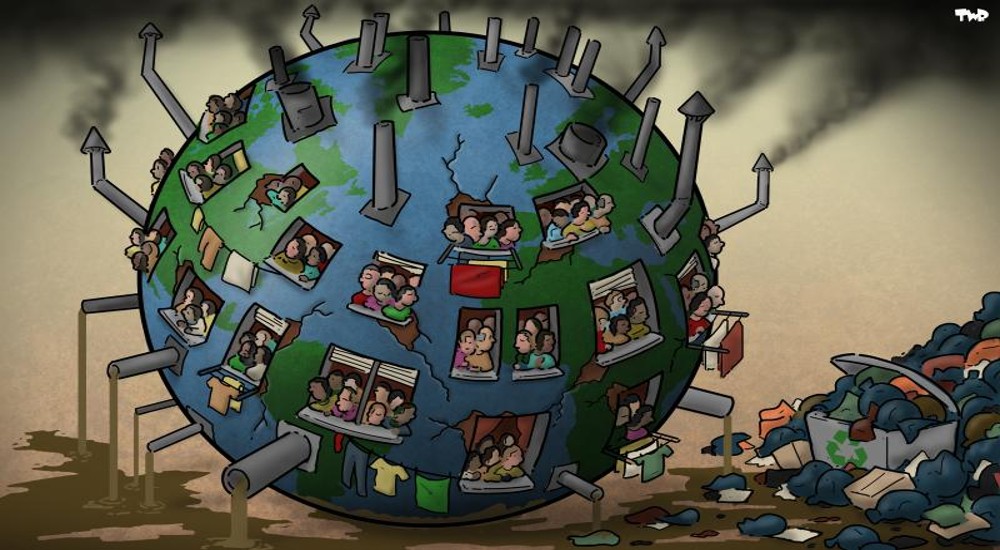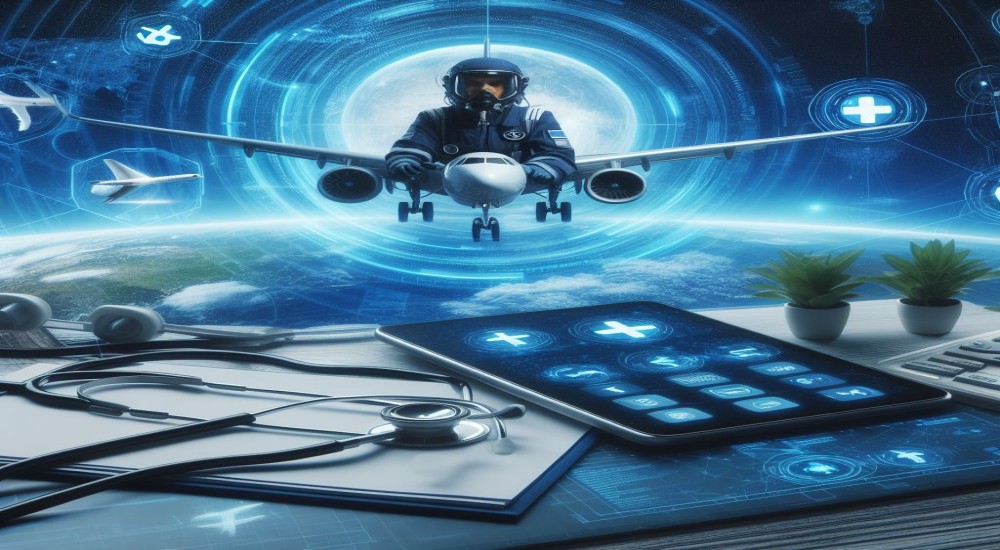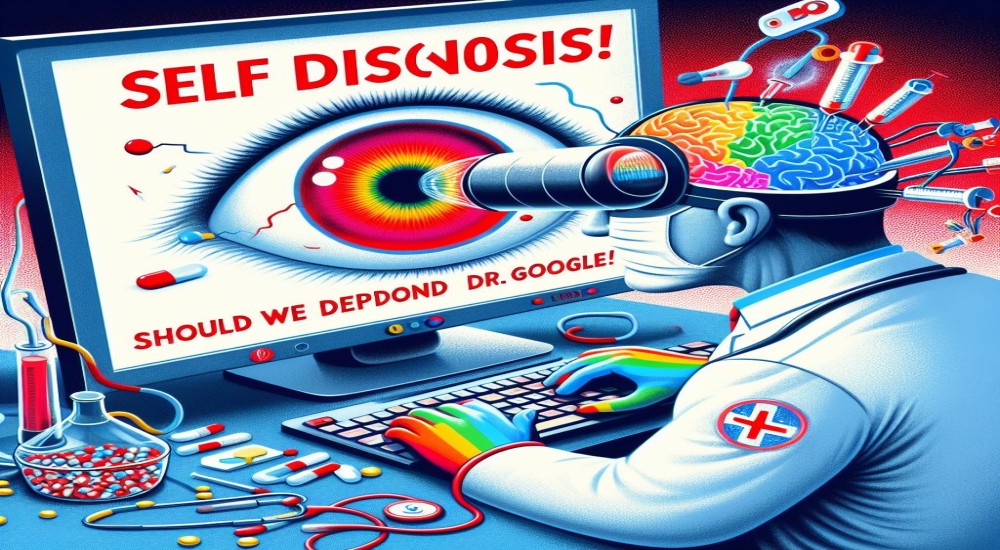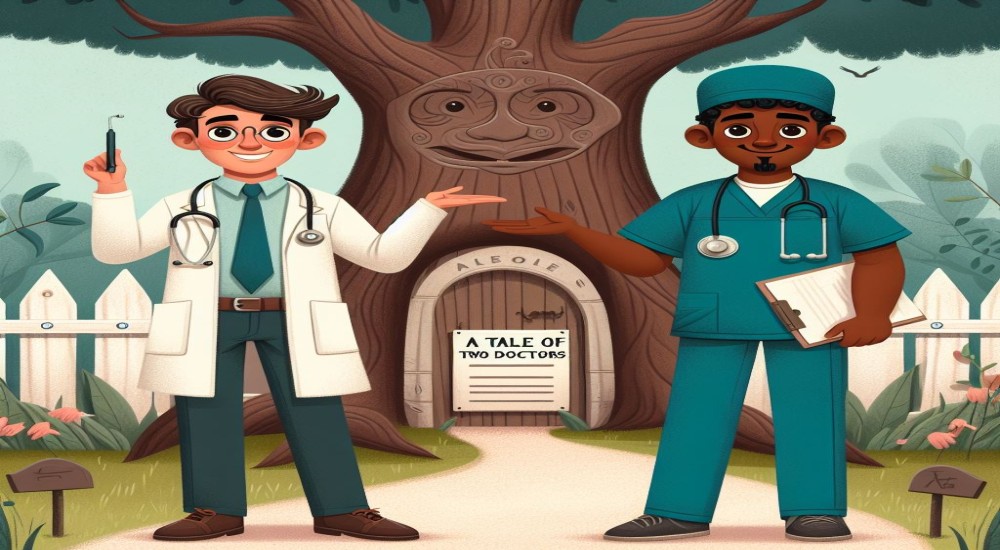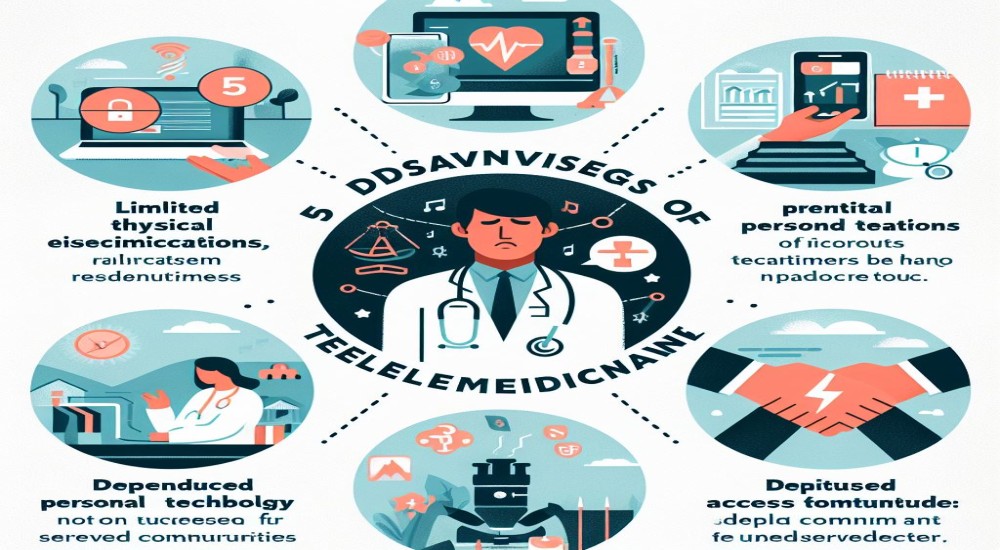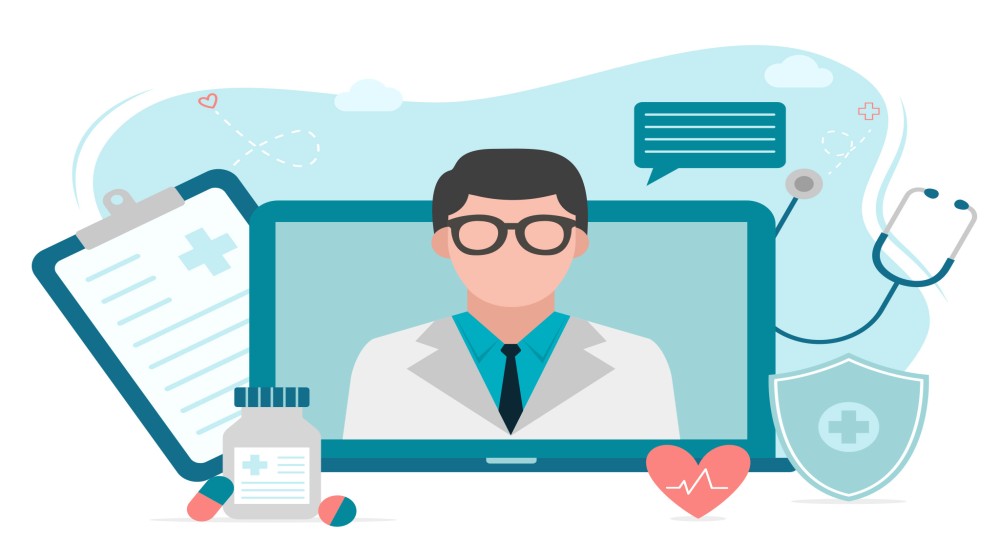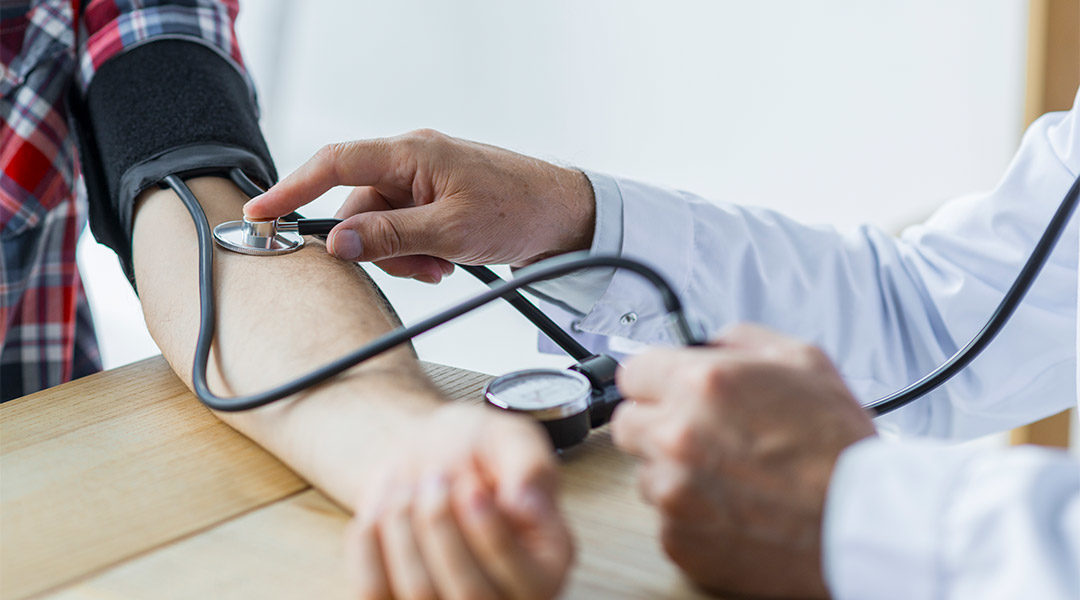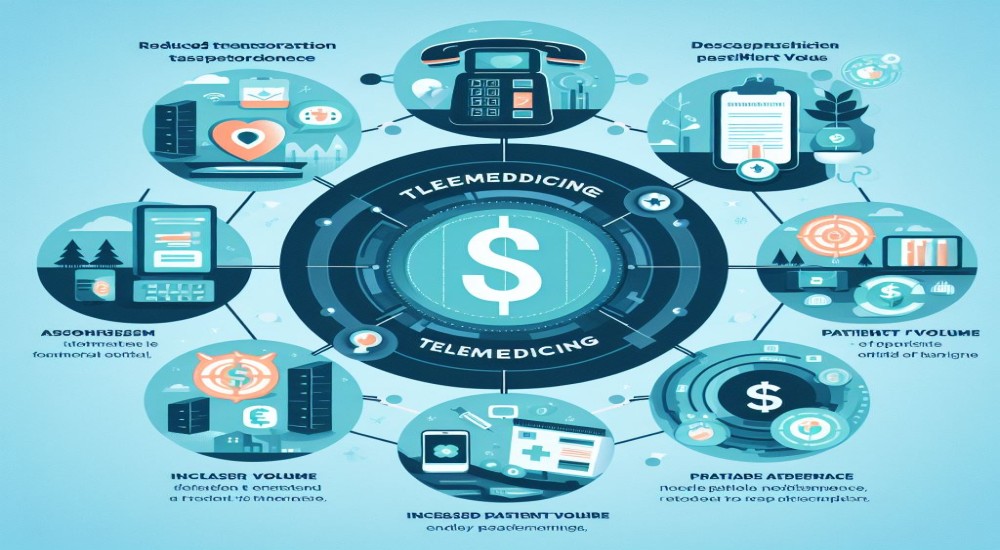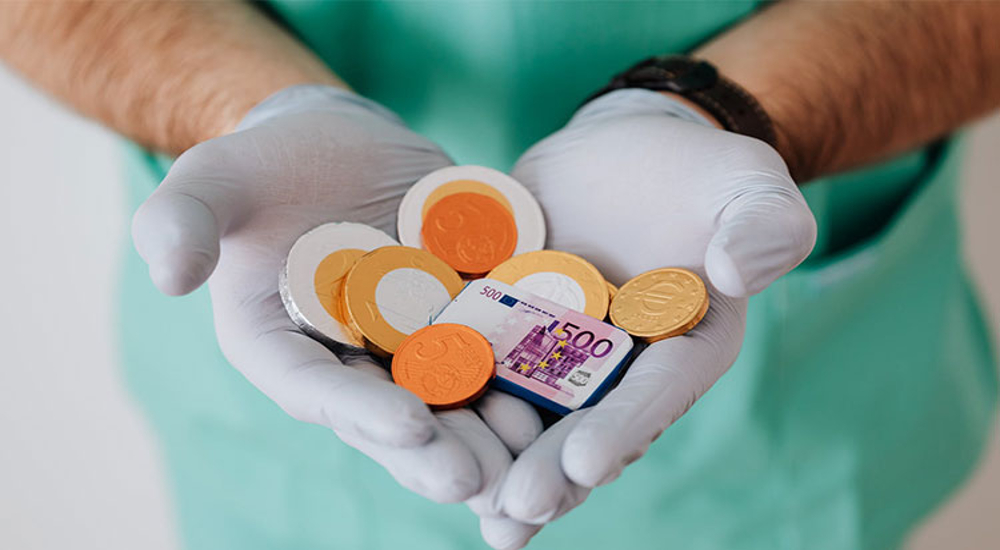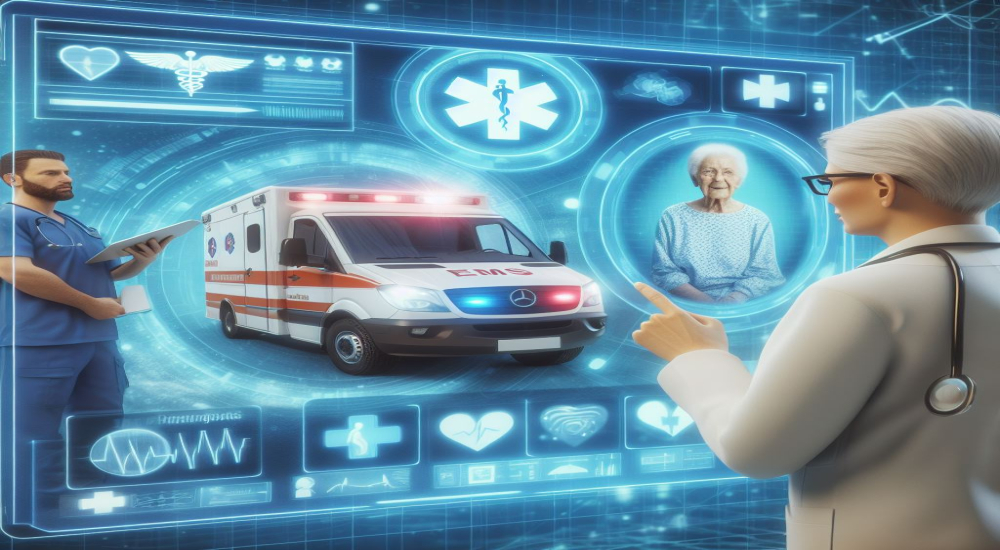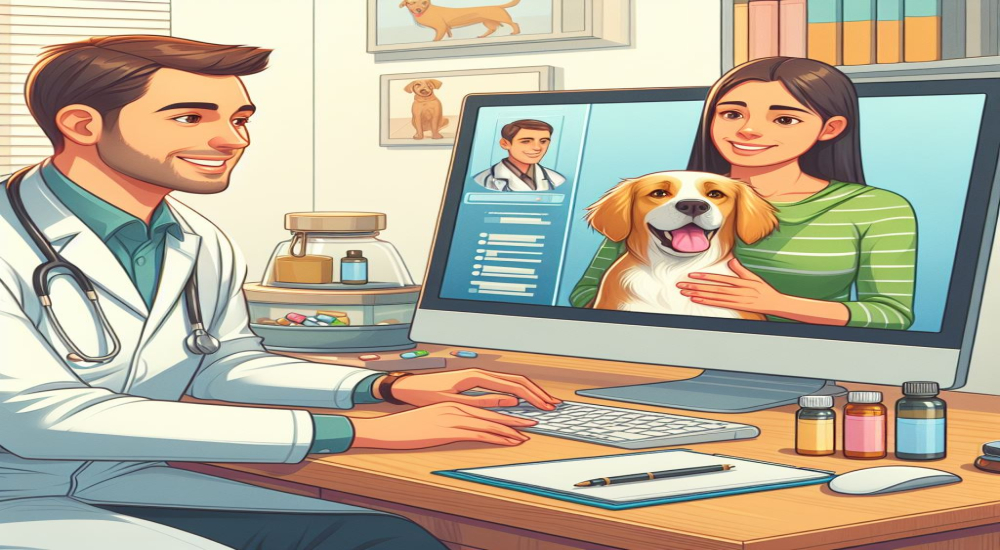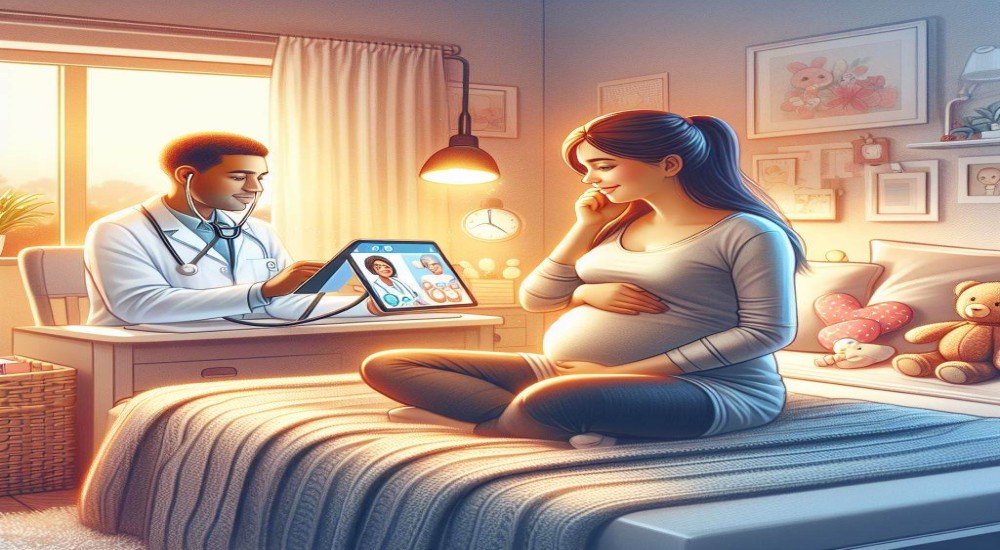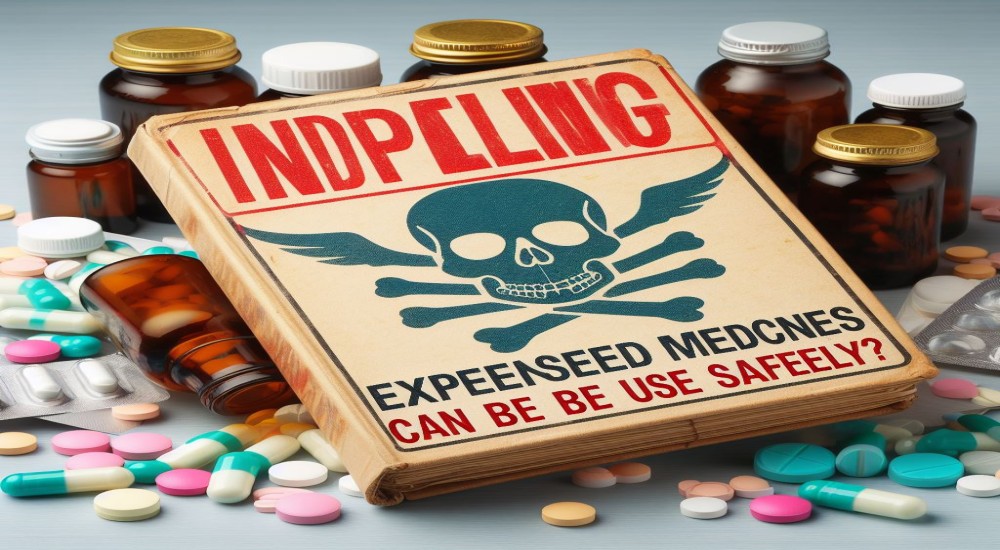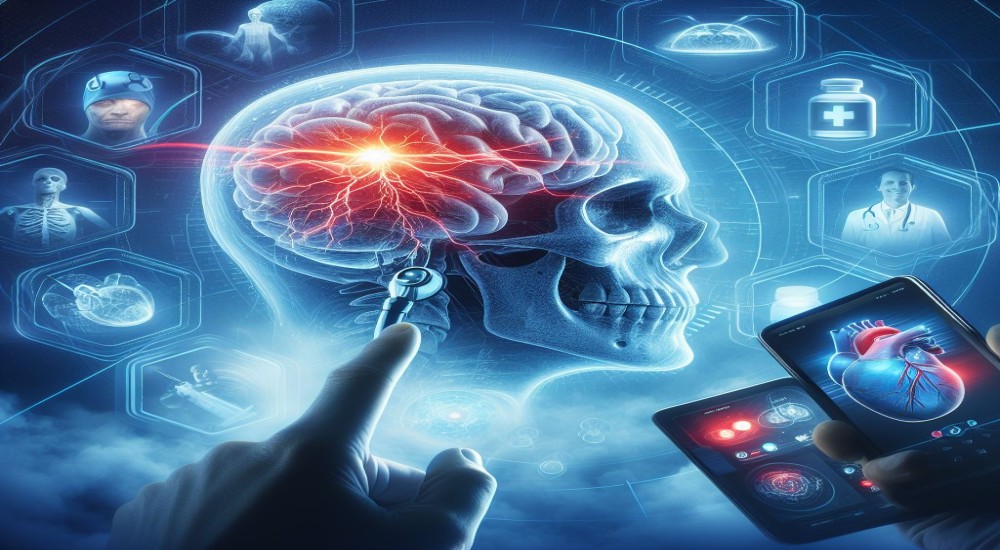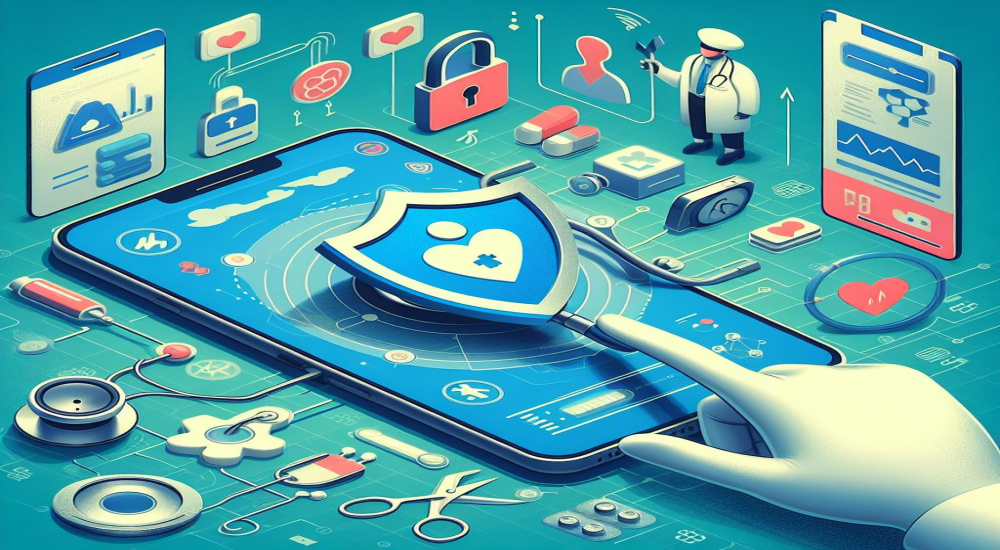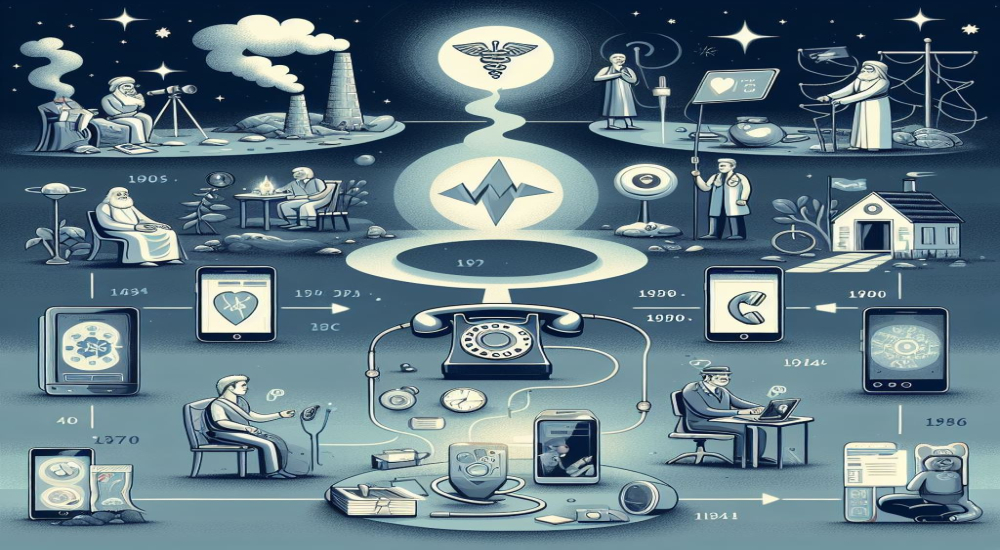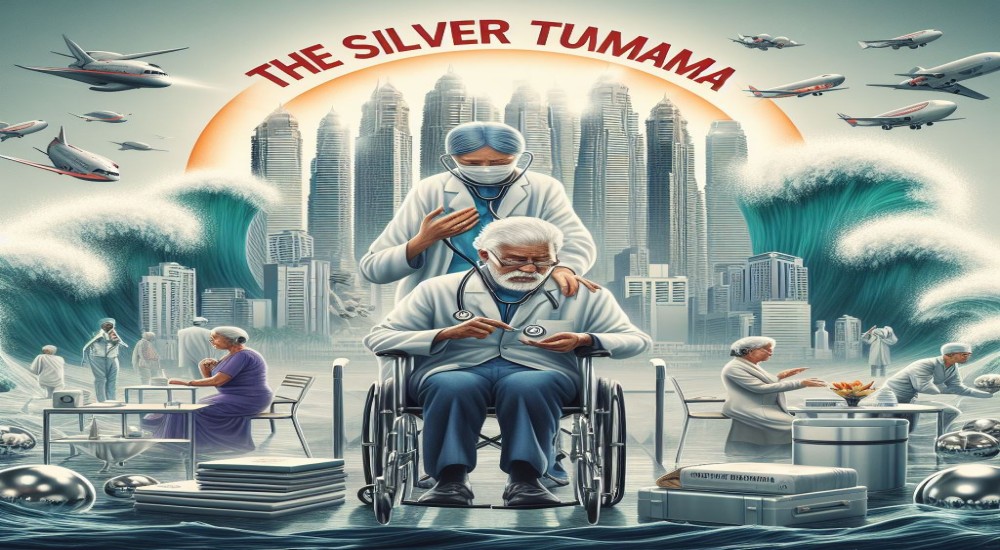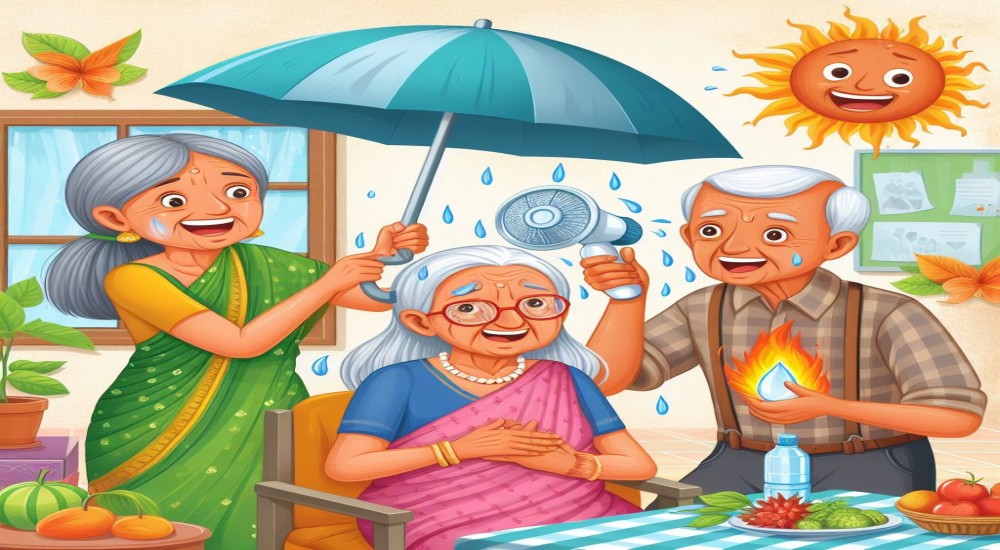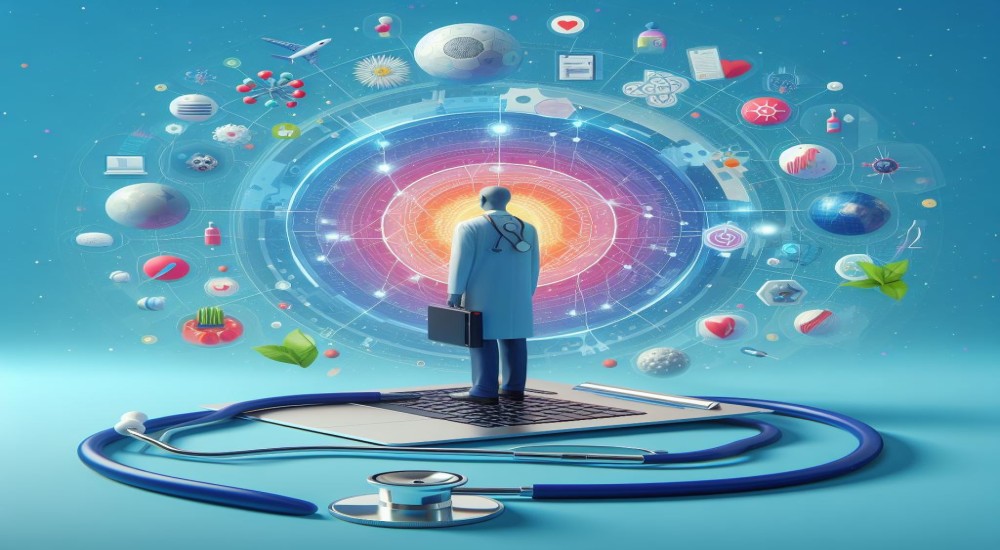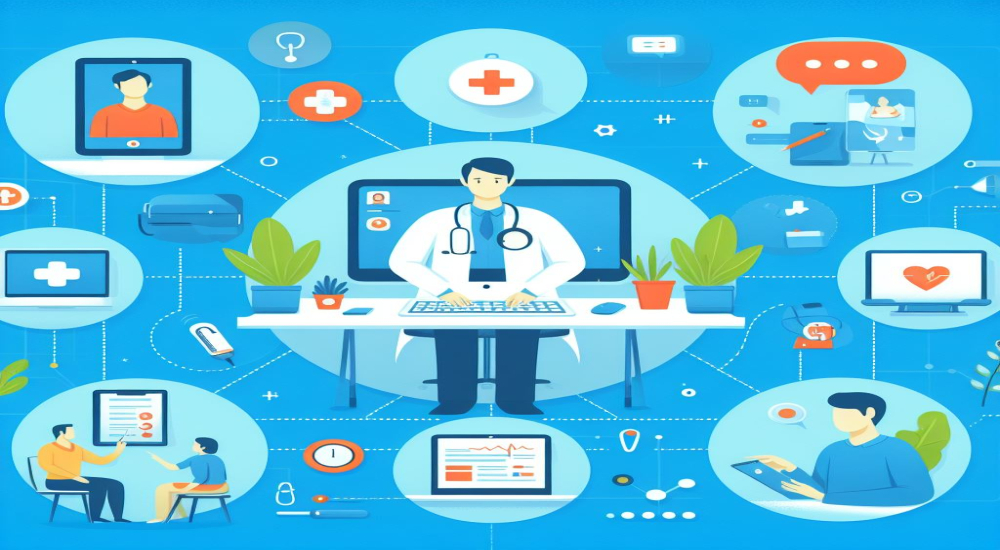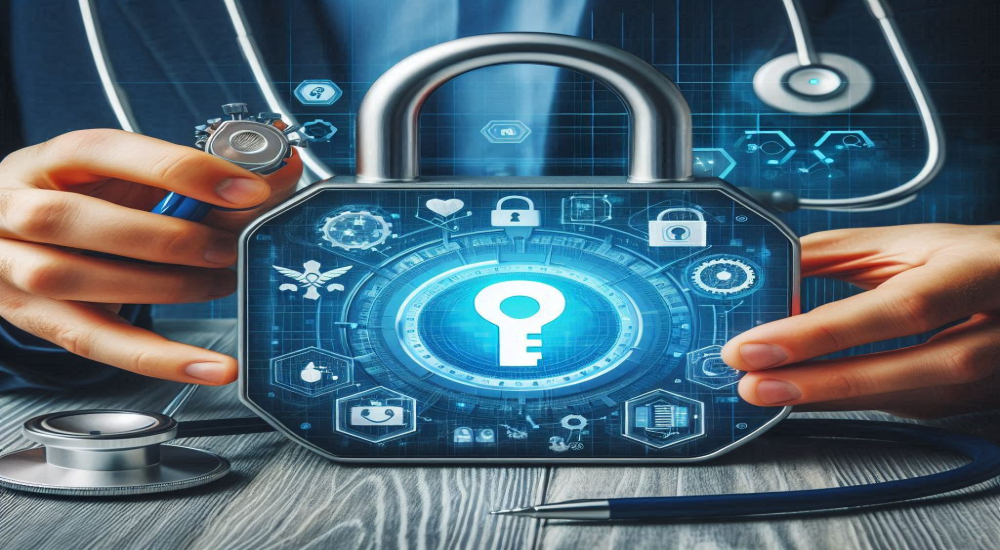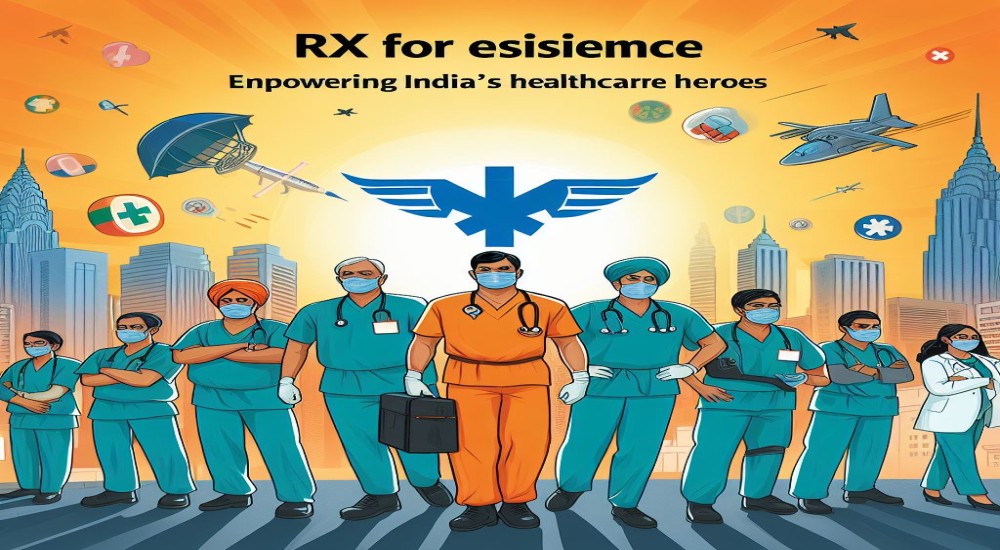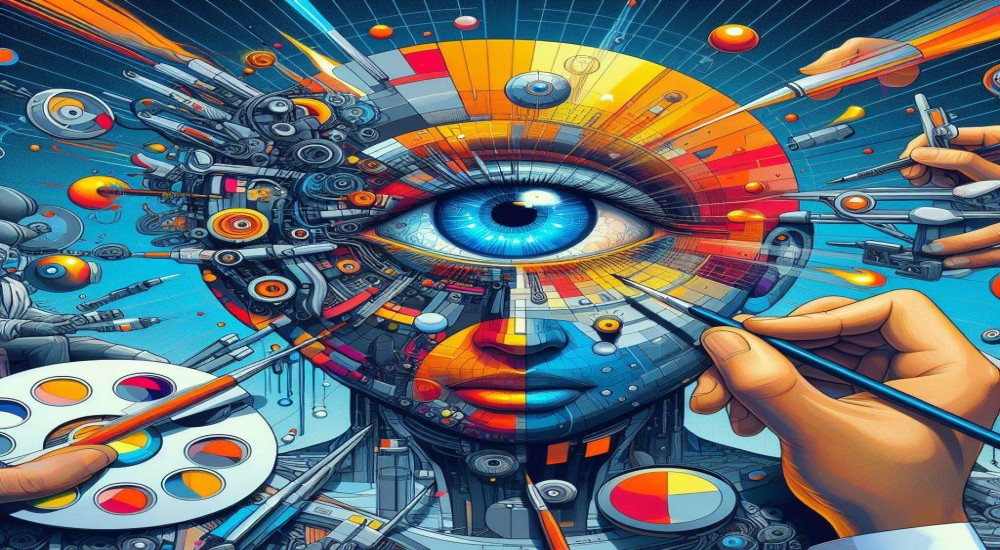How Screens are Making Us sick.
Is it a bird? Is it a plane? No, it's not superman. No one knows because no one is looking up at the sky all their eyes are glued to their phone screens. The usage of devices for work, communication, and entertainment has had a quantum leap since the turn of the 21st century. Gone are the days when we used a bulky phone with a dial pad for communication, had to go to the theatres to see movies, had to go to the office to use a computer. Today thanks to rapid technological advancements we have tabs, phones, and laptops that can do all of the tasks mentioned above easily and swiftly.
Today the boom in computer technology and the global permeation of the internet has spurred the growth of a variety of industries, the most notable of these being the companies and fields associated with screens such as OTT platforms like Netflix and Amazon prime, gaming companies, consoles, apps and software, SaaS industry, apps, social media companies, etc.
Pretty much all of the companies mentioned above make money based on how much time they can make us spend in front is a screen, and increasingly these companies have overlapping interests that allow cross-platform marketing that makes it very easy to slip from one platform to the next without even realizing we have.
THE SCREENPOCALYPSE?
Though it may sound vaguely Kafkaesque where we have voluntarily surrendered our data, freedom, and our time to random content created for instant gratification, the reality is far scarier as new studies are showing us all the time.
Like doomsayers, there have been a slew of doctors, psychologists, teachers, educators, and activists who have been saying that the rapidly increasing addiction to screens and online content can have a variety of detrimental effects on everything from our health to our society as a whole. But in typical our typical Ostrich fashion we chalked up such warnings to alarmist rants or people fighting the progress of technology itself.
But reality has proved them right. Let's face it screens are here to stay, they have made our lives convenient and replaced a myriad of devices and services to act as a single portal for many different functions and platforms.
Not only are they unavoidable for our work, whether you're a doctor looking at an ECG, Ultrasound monitor or a factory worker looking at screens, secretaries looking at schedules, programmers developers, gamers, technicians, producers, artists, animators, social media influencers, all of whom need to use screens for their work in varying ways and levels.
The true issue is that apart from work our news, entertainment, communications, texting, meetings, hobbies, and interests are all tied to screens mainly via our phones, tablets, laptops, computers, smart televisions, or other devices.
Everywhere from airports, bus stations, banks, Cinemas, rental stores, grocery stores, shopping complexes, news announcements, and government institutions, the human connection has been largely replaced by the computer screen.
- You have a kiosk for booking tickets and finding your seats rather than a courtesy clerk.
- You have apps to place orders via rather than a sales or customer executive.
- You have ATMs instead of a teller at the bank.
- You have scan and pay functions that have replaced a billing desk.
- Some integrated payments apps ensure you don't step outside to pay bills, start or end subscriptions, top-up phones, etc all of which have reduced human interaction.
THE INTERNET IS THE NEW WILD WEST
The internet has made us a global village and brought down a variety of walls, fostered understanding, cross-communication, the exchange of culture, rapid exchange of information, and the growth of industry, social media has brought events and people on other continents into our rooms, and so much more.
While the internet has been a positive force and led to revolutions in many fields and even our day-to-day life on the flip side it has also fostered a positive avalanche of negatives as well.
- Financial crimes
- Cyberstalking
- Crimes against women
- Impersonating others.
- Hate speech
- Unregulated sales of woo medicine
- Underage porn
- Revenge porn
- Online bullying
- Cyber harassment of both sexes
- Child predators online
- Hate tweets
- Cancel culture
- Addiction to attention from strangers
- Creating negative body image among teens
- Predatory events
- Online fraud
- Loss of privacy
The list goes on, there are downsides to any invention based on the way it's used.
After all, a blade can do different things in the hands of a surgeon as compared to a soldier or thief. The propensity for misuse and its consequences especially for young or vulnerable populations is huge.
DANGERS OF DATA BROKERS
These days with the advent of the dynamic Web 2.0 and social media marketing our user data is tracked, stored, and used by a truly massive number of companies and entities. They use this data to customize ads, suggest services, sell our info to cold callers and spam mailers and so much more.
Most of the time this is just an annoyance and can be tiring for users but sometimes it can be truly dangerous. From the recent Cambridge Analytica scam implicating Facebook, to others where sensitive data such as those regarding medical conditions or illnesses were sold to medical devices, insurance, and pharma companies so critically ill people could get harassed by sales calls. However, the same data can be used to make more comprehensive portfolios of people to track their voting patterns, which communities are more likely to vote for whom, etc. This can and has been used in the USA for Gerrymandering and to make access to voting harder for the people most likely to vote against the incumbent person.
Sometimes the use of our personal data can take a more nefarious turn such as in cases where the credit history and data of old people, retired singles as well as widowers were sold to predatory lenders and scammers. In multiple reports, many companies involved in data brokering were aware that their clients were scamming people and continued to sell the data. Many child predators and pedophiles can use data online to pick out vulnerable children.
In countries like India where online scams are a large racket and can easily fool the less than tech-savvy general population, the use and abuse of data have far-reaching consequences. On any given day both adults and adolescents spend a majority of their waking hours in front of a screen whether it's at work, home, or elsewhere. Today many children are raised on a variety of programs designed specifically for children such as Sesame Street, The Muppets, Peppa Pig, and The Magic Schoolbus among many others. These shows can capture the attention of the child with their appealing visual imagery and teach important concepts, information, science, morals, and more. These shows can be extremely good in terms of development for the child and holding their attention but there is a trade-off in terms of their social interactions, the level of reading and writing comprehension they have, their peer-to-peer interactions, as well as their emotional and behavioral health.
PHYSICAL TRADE-OFFS FROM TOO MUCH SCREEN TIME
Let's set aside the emotional & psychological aspects for a moment and just focus on the physical detriments of too much screen time. The medical community has been vocal about several issues that are tied to screen time.
- Decreasing vision, issues with long and short vision, and greater incidence of vision problems in children.
- Difficulty in focusing and shorter attention spans.
- Health risks from a sedentary lifestyle.
- Neck problems, back and spine problems.
- Disturbed sleep patterns due to the blue light from screens.
- Unhealthy sleeping and eating patterns.
- Increased mental fatigue.
- Depression and mania that is associated with social media platforms, likes, and shares of content.
- Increasing disconnect from real-world interactions among children and adults.
- Distorted self-image, greater likelihood of going on unhealthy diets, starvation diets, etc.
- Self-harm from online bullying.
These can have both long and short-term effects on our health. Schools, Universities, offices, and the healthcare sector as a whole are taking notice of this in recent times and have published many advisories on limiting screen times or mandating screen-free times at work.
HOW DO THEY GET US HOOKED?
So how did our smartphones, tablets, or laptops go from being helpful tools to a Kafkaesque nightmare that hypnotizes us into spending more and more time looking into them? Well, a large part of that came with the advent of Web 2.0 where the internet transformed from being a passive information repository into an interactive, communicative and evolving platform. With the evolution of the smartphone and tab there came a boom in apps, from games to social media these apps brought everything we need (and don't need in many cases) to our hands.
So the concept for earning money through these apps was mainly by advertising products and getting the user to buy them, this meant that the more time we spend on the apps the more money social media companies make. This incentivizes everyone from content creators to corporations to make sure that the average user keeps scrolling. Today all our social media apps use something called the infinite scroll model where content is constantly displayed in a never-ending parade. This has led to something called 'Doomscrolling' where people scroll through one depressing post or article after another. Research shows that this addictive behavior can lead to depression, long term mental health issues.
From Amazon to Meta all companies make revenue by running ads, collecting user data, and either selling that data to others or using it to provide targeted feeds and ads to us, this is a trade-off we make knowingly since the convenience is too important to us. Ecommerce sites tempt us to buy products that we may not need or want by using our usage data, search history, etc, and by listing those products under offers or discounts. There can be multiple layers to this selling strategy, user data can be sent to e-commerce giants and when a user isn't able to afford the purchases then the same data is forwarded to banks, they entice you with the offer of a low-interest credit card and voila! you are caught in a web of spending and debt.
WHAT CAN WE DO?
The simplest solution may also be the hardest one. To simply stop spending such large chunks of time glued to our devices. However for many of us that is how we work, keep in touch with loved ones, and even pay for our needs, so the solution isn't abstinence but rather moderation. We need to set boundaries for ourselves on the time per day that we spend before our screens, this can start small and need not follow a set pattern or strict regimen.
The way we spend our days in a weird migration between one screen to another has to be changed, this can provide dramatic benefits to both our physical and mental health. Some ways we can use are:
- Planned screen times for children and even for adults.
- Limiting social media binges by using apps that block access to them ( It's quite ironic that the cure is in the same platform).
- Enabling work-life balance mode on devices.
- Planning more outdoor activities.
- Communicating with friends and family without the use of phones or screens.
- Planning reading times with books, alone or with friends.
- Planning community gatherings within the family or with friends in order to cut down time spent online.
SCREENS ARE HERE TO STAY
Screens are an integral part of everyday life and we can't function without them unless we all face a zombie apocalypse or other doomsday scenario. It is entirely up to us as individuals to learn, recognize and deal with the dangers posed by the unrestrained use of screens, consuming content from the internet with no filters. If current social divisions and the mud fight in mass media are taken as an example we can see how a combination of social media overdose, massive screen times, and consuming internet content with no filters can polarize, demoralize, and depress us. We owe it to ourselves to take care of our physical and mental health if that means lowering our time/obsession with screens then that is the need of the day.
To quote Christian Lange in his noble lecture "Technology is a useful servant but a dangerous master."
